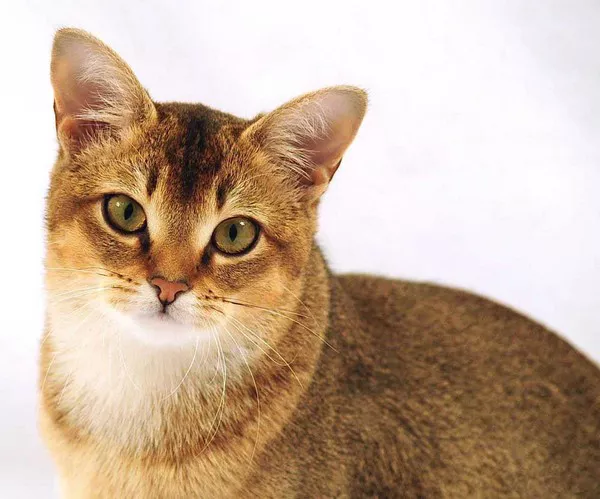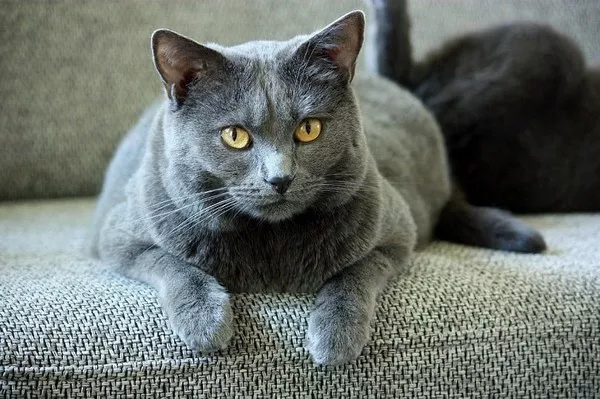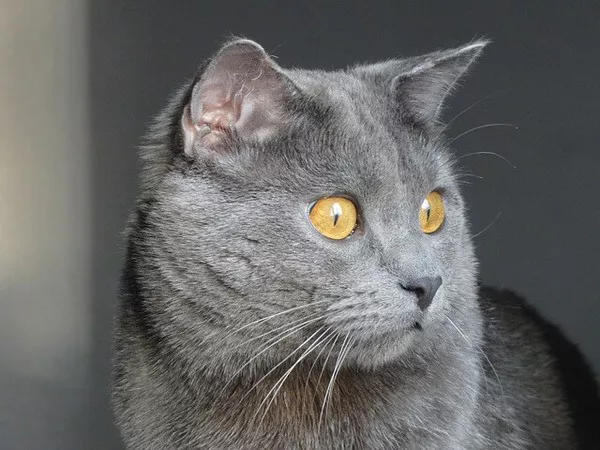The Chausie cat, also known as the Jungle Curl, is a relatively new breed that has gained popularity in recent years. These beautiful cats are known for their wild appearance, resembling their jungle-dwelling ancestors from which they have been bred.
As with all cat breeds, it’s important to monitor your Chausie’s weight and ensure they maintain a healthy body condition. In this article, we’ll discuss how much a Chausie cat should weigh and what factors can influence their weight.
How Much Should a Chausie Cat Weigh?
According to the Chausie Cat Society, male Chausies typically weigh between 15 and 25 pounds, while female Chausies typically weigh between 10 and 15 pounds. However, it’s important to keep in mind that these are general guidelines, and individual Chausies may weigh more or less depending on their genetics, age, activity level, and overall health.
It’s also worth noting that Chausies are highly active cats that require plenty of exercise and mental stimulation. If your Chausie cat is not getting enough physical activity, they may be at risk of becoming overweight or obese.
Factors That Can Influence a Chausie Cat’s Weight
Several factors can influence a Chausie cat’s weight, including:
1. Genetics: Like all cat breeds, Chausies have unique genetics that can affect their size and weight. If your Chausie comes from a line of larger cats, they may be predisposed to weigh more than the average for their gender.
2. Age: Kittens generally weigh less than adult cats, and Chausie kittens may have different weight ranges than adult Chausies. It’s essential to monitor your kitten‘s weight regularly to ensure they’re growing at a healthy rate.
3. Diet: Your Chausie’s diet can significantly impact their weight. It’s important to feed your cat a balanced, high-quality diet that meets their nutritional needs without overfeeding. Be sure to check with your veterinarian for recommendations on the best diet and feeding schedule for your Chausie.
4. Activity level: As previously mentioned, Chausies are highly active cats that require plenty of exercise and playtime. If your cat isn’t getting enough physical activity, they may be at risk of becoming overweight or obese.
5. Health conditions: Certain health conditions can affect a Chausie’s weight, such as hypothyroidism or diabetes. If you notice your cat gaining or losing weight rapidly, it’s important to consult with your veterinarian to rule out any underlying medical issues.
Maintaining a Healthy Weight for Your Chausie Cat
To maintain a healthy weight for your Chausie cat, there are several steps you can take:
1. Feeding a balanced diet: Feeding your Chausie a balanced, high-quality diet is essential for maintaining a healthy weight. Avoid overfeeding and provide plenty of fresh water.
2. Providing ample exercise: Chausies enjoy running, jumping, and playing. Provide plenty of toys and opportunities for playtime to keep them physically active.
3. Regular veterinary checkups: Regular veterinary checkups are essential for monitoring your cat’s weight and overall health. Your veterinarian can assess your Chausie’s body condition and recommend any necessary dietary or lifestyle changes.
4. Monitoring food intake: If your Chausie is prone to overeating, consider portioning their food throughout the day or using puzzle feeders to make mealtime more stimulating.
What is the Lifespan of a Chausie Cat?
The Chausie cat is a relatively new breed of domestic cat that was created by crossing the jungle cat with a domestic cat. Since this breed is relatively new and not yet widely recognized, there is limited information available on its lifespan. However, it is generally believed that Chausie cats have a lifespan of around 12 to 14 years, which is similar to most domestic cat breeds. Of course, the lifespan of an individual Chausie cat may vary depending on various factors like genetics, diet, environment, and overall health.
Conclusion
Chausie cats are captivating animals that require attentive care to maintain a healthy weight. By monitoring your cat’s weight, providing regular exercise and stimulation, feeding a balanced diet, and scheduling regular veterinary checkups, you can help ensure that your Chausie lives a long and healthy life. Remember, as with any breed, it’s important to consult with your veterinarian for personalized recommendations on feeding and exercise based on your cat’s specific needs.



























